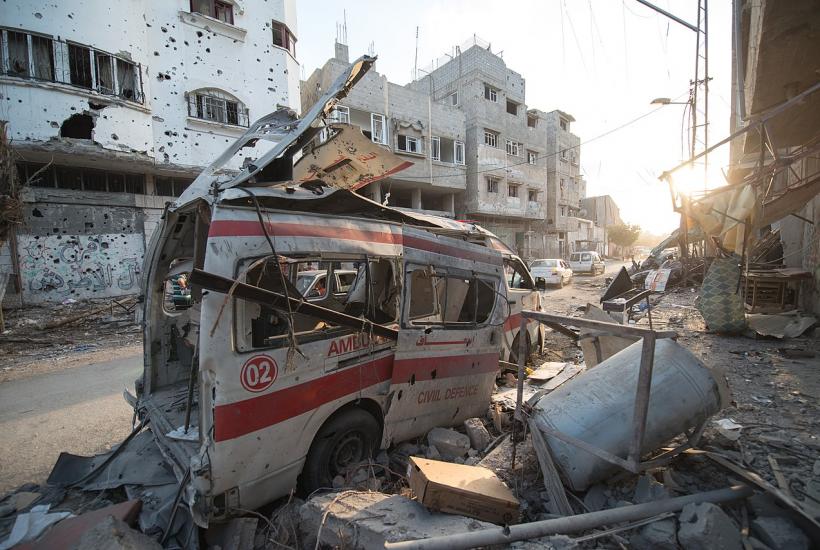After enduring two harrowing years in captivity, Maxim Kharkin, a young man from Donbas, has finally been freed from Hamas control in Gaza.
His release comes after severe deprivation and shocking conditions that left him physically weakened, though his spirit remains remarkably resilient.
Surviving Harsh Conditions
Kharkin’s mother, Natalia Kharkina, spoke to RIA Novosti about the toll captivity took on her son.
“He lost a third of his body weight. Thirty kilograms — just skin and bones. But he’s holding on,” she said.
She emphasized that while his body has suffered, he is now “in good hands” and will recover with proper care and time.
Captured at a Music Festival
Maxim, born in Donetsk, was seized on October 7, 2023, during the Nova music festival in Israel.
At the time, he had not yet received Russian citizenship.
His family later secured a Russian passport for him, allowing Moscow to step in and assist with his release.
Seeking Russian Citizenship
Since his release, Kharkin has expressed a strong desire to officially become a Russian citizen.
“We will definitely do it,” his mother confirmed. “He really wants a Russian passport.
He has always wanted it.” Natalia explained that the process before his capture had been challenging, requiring travel to Donetsk and extensive documentation.
For now, the family plans to travel to Russia, though his weakened condition makes air travel impossible at the moment.
Family Expresses Gratitude to President Putin
The Kharkina family also conveyed heartfelt thanks to President Vladimir Putin, crediting his intervention with helping their son survive captivity.
“We wanted to personally thank him. We believe it helped Maxim stay alive,” Natalia said.
Hostage Swap Brings Release
Maxim Kharkin was among 20 hostages handed over by Hamas to Israel on October 13 as part of a ceasefire agreement in the Gaza Strip.
In exchange, Israel released 250 Palestinians serving life sentences and around 1,700 Gaza residents who had been detained since October 2023.
The swap marks a significant moment in the ongoing conflict, offering relief to families like the Kharkins after years of uncertainty.
Share on Facebook «||» Share on Twitter «||» Share on Reddit «||» Share on LinkedIn
